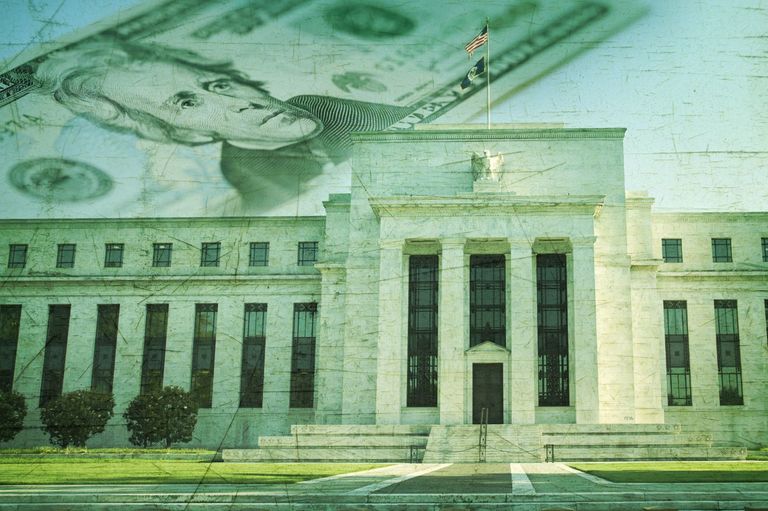The Bank of England has confounded market expectations by hiking interest rates by 50bps to 5%, with a 7-2 majority, with the usual suspects Swati Dhingra and Silvana Tenreyro voting to keep rates unchanged.
Today’s move is almost tantamount to an acknowledgement that they have been materially behind the curve when it come to the rate-hiking cycle, and will inevitably invite criticism that the MPC, in reacting now, is inviting a recession.
It’s also an acceptance that wage growth, currently rising at 7.6% in the three months to April, isn’t likely to slow appreciably between now and the end of the year, and that more needs to be done to try and return inflation to target, particularly at the core level where prices appear to be rising in symbiosis.
While it could be argued that there is an element of panic in today’s move, we also must acknowledge that it could be viewed as a bit of a free hit for the MPC, given that UK gilt markets had already priced in the sort of move we’ve seen today. UK 2-year gilt yields barely budged from the 5.05% level in the immediate aftermath of today’s decision, although they are now starting to edge back to the highs of the week, while GBP/USD edged its way back above 1.2800.
Today’s move will justifiably invite criticism that today’s hike will hurt the economy and push it into recession, however one can’t help but wonder if that ship has already sailed, as recession is probably on its way in any case. To pretend otherwise would be to suggest that anything the Bank of England did today would make a difference when it comes to the problems of the UK economy. The UK’s problems run deeper than the Bank of England, to a dysfunctional political class who have neither the vision or the ability to deal with the long-term challenges of the UK economy.
If inflation does become too entrenched, then financial markets price in just such a scenario and you get higher rates that way, whether the bank hikes now or in August. As explained in this morning's update, the economic data timetable doesn’t work in the central bank's favour either, given that the July CPI report comes out after the August rate decision, and in acting now there is the hope that they might be able to get out in front of the problem. There is also the fact Tenreyro will have left the MPC to be replaced by Megan Greene, who is unlikely to be anywhere near as dovish.
This means that the bank has taken the decision to act decisively now, given that to delay might invite further criticism. Nonetheless, headline inflation should start to come down quite sharply towards the end of Q3, as we head towards the end of the year and the energy price cap effects continue to drop out Reducing core prices on the other hand may be a slightly more challenging prospect.
Disclaimer: CMC Markets is an execution-only service provider. The material (whether or not it states any opinions) is for general information purposes only, and does not take into account your personal circumstances or objectives. Nothing in this material is (or should be considered to be) financial, investment or other advice on which reliance should be placed. No opinion given in the material constitutes a recommendation by CMC Markets or the author that any particular investment, security, transaction or investment strategy is suitable for any specific person. The material has not been prepared in accordance with legal requirements designed to promote the independence of investment research. Although we are not specifically prevented from dealing before providing this material, we do not seek to take advantage of the material prior to its dissemination.







